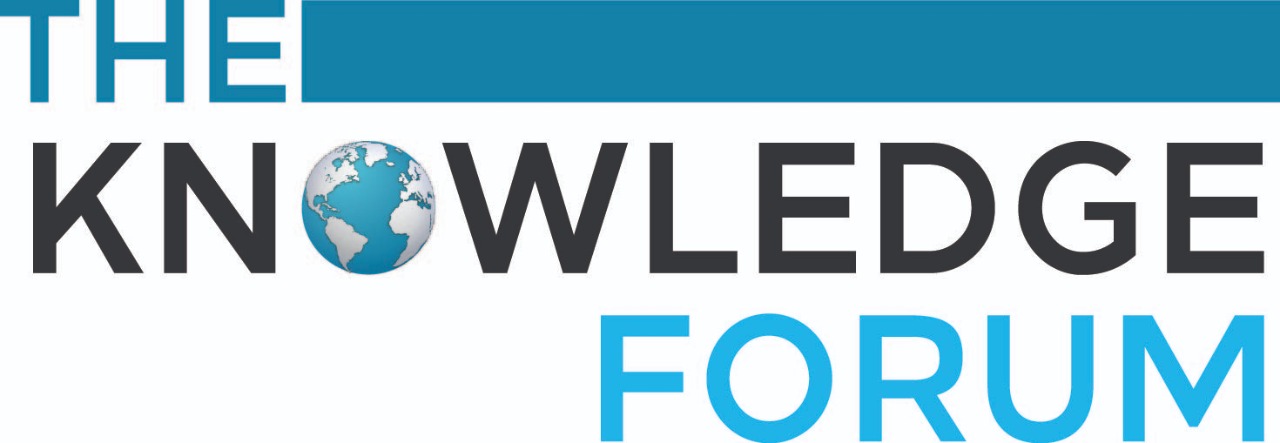Pakistan Bulletin
An up-to-date and informed analysis of key issues of Pakistan.
Editorial
November 2023
As Pakistan makes its return to a democratically elected government, we must consider how the country’s challenges will be confronted by its new leadership.
Once again, Pakistan finds itself at a critical juncture, marking a significant return to a democratically elected form of governance while the nation grapples with a myriad of challenges including economic instability and an unrelenting wave of climate disasters. Addressing these challenges demands a comprehensive and collaborative approach that recognises the intricate interplay between these domains.
The Election Commission of Pakistan (ECP) has recently declared the scheduling of fresh elections on February 8 next year. Political activity is gaining momentum as political parties prepare to launch campaigns, organising public gatherings nationwide. However, the political environment remains polarised. Accusations of biased treatment of the Pakistan Tehreek-e-Insaf, whose leadership has been jailed over controversial charges, have cast a shadow on the transparency of the polling process. It is imperative that inclusive and transparent elections are conducted to ensure a peaceful transition of power to a duly elected government.
Even as elections are awaited, the caretaker government’s decision to repatriate Afghan refugees – giving them a short deadline to leave the country on the onset of winters – has invited criticism from the rights groups. Apart from fears of humanitarian crisis, it has also raised moral concerns, earning Pakistan a negative image even though the country has hosted the largest population of refugees for the longest time.
In addition to these challenges, Pakistan is confronted with pressing environmental issues. The expanding smog and drought during winter, coupled with excessive heat waves and floods in the summer, underscore the urgency of addressing climate change. Apart from radical climate action, the new government will also have the task to revitalise the campaign for international support for climate adaptation, led by the country at COP27.
The post-elections government has a tough call. It has to navigate the economic and environmental downslide, while piecing together the fractured polity and also deliver on the human rights obligations of the country. Recognising the interdependence of economics, politics, enviromment and rights is the only way forward for crafting effective and sustainable solutions to promote stability in the country.

Get the latest news and updates from our team
